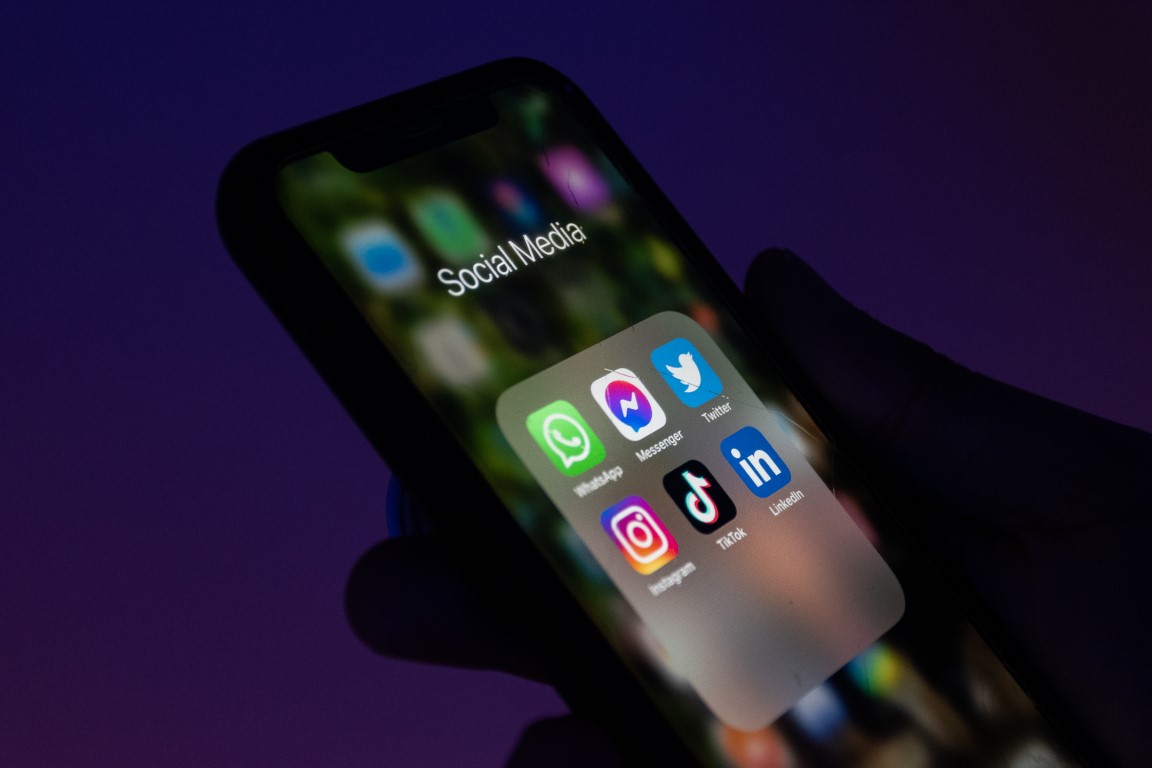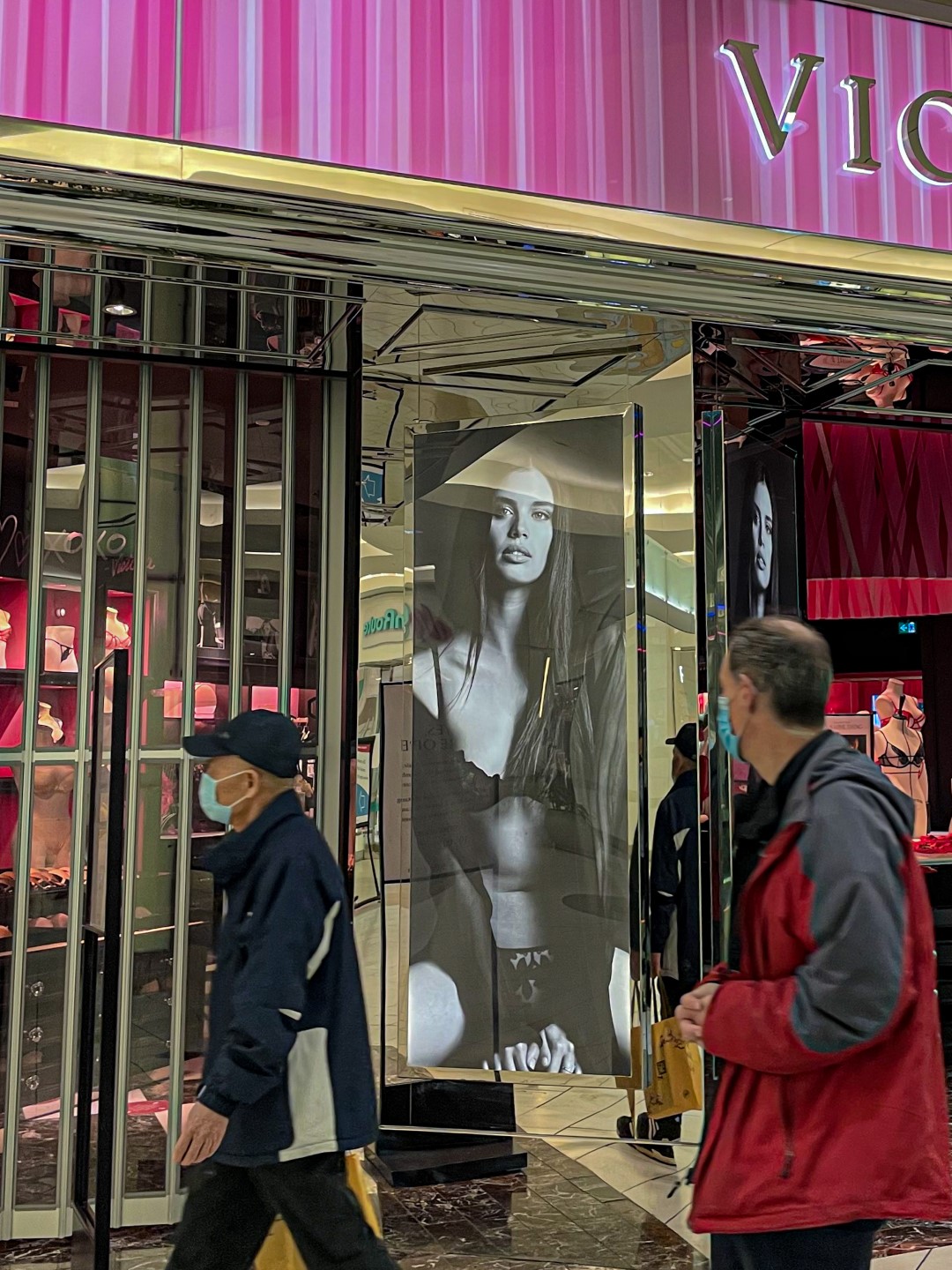
Instead of sending a reaction, call your friend
By Alexis Zygan, Contributor
The average millennial dedicates 2 hours and 24 minutes of each day to engage in the personalized highlight reel, divided between nine different social media accounts.
Social media is viewed by many as the most significant advancement for communication. During the pandemic, the masses depend on social networks more than ever to stay connected with their communities. Musicians organize online concerts through Facebook, and small business owners build relationships through Instagram. Family members across the globe comment on status updates to stay up to date on each other’s lives.
While all of this is true, one cannot speak on the benefits of connection without addressing the elephant in the room. Chronic social media usage correlates with higher rates of anxiety, depression, and loneliness. The average millennial dedicates 2 hours and 24 minutes of each day to engage in the personalized highlight reel, divided between nine different social media accounts. Even though the user acknowledges that not everyone on social media is living their best life at any given moment, their feed presents them with this illusion. Add photo editing into the equation and what results is a disaster for self-image and worth. The feedback users receive in the form of likes, comments, and reactions spark dopamine receptors in the brain. The number of likes equates to a social currency, which makes the person appear more worthy. Unfortunately, this happiness is always short-lived, and users must log back in to get immersed in the validation seeking feedback loop. Social media has users living their lives for others and not themselves—taking photos of their meals, outfits, and vacations with the hopes of blurring the perception others have of them.
Seven months into the COVID-19 pandemic, Netflix released The Social Dilemma, a documentary outlining a few of the issues set in motion by social media. Through first-hand accounts from former visionaries of Facebook, Twitter, Instagram, and Pinterest, the viewer learns how the people in control manipulate their content. They uncover that the social media user’s information is the product being sold to companies to create highly personalized targeted ads—all tied into the economy of attention.
The results are in—the benefits of social media do not outweigh the negatives. Staying connected is essential to human existence. There are ways to access our friends and family and support local businesses without signing up for a social media account. Talking on the phone strengthens connections in relationships. Staying off social media is a devil of a challenge though. A dopamine detox culminates in withdrawal symptoms—FOMO, the fear of missing out, and phantom vibration syndrome, where a person hears buzzing when there is none.
Lastly, the performance required to keep up appearances on social media is draining and divorces the user from authenticity—a real genuine connection is insurmountable through Instagram, Facebook, or Snapchat. The cornerstone of relationships is openness, vulnerability, and a lack of judgement. So, next time you’re thinking of a friend, instead of contacting through messenger, send them a text to check in, or email them your favourite meme. Or if you have five minutes to spare, a phone call goes a long way. Hearing a friend’s voice is a better remedy for loneliness than a row of heart emojis.



